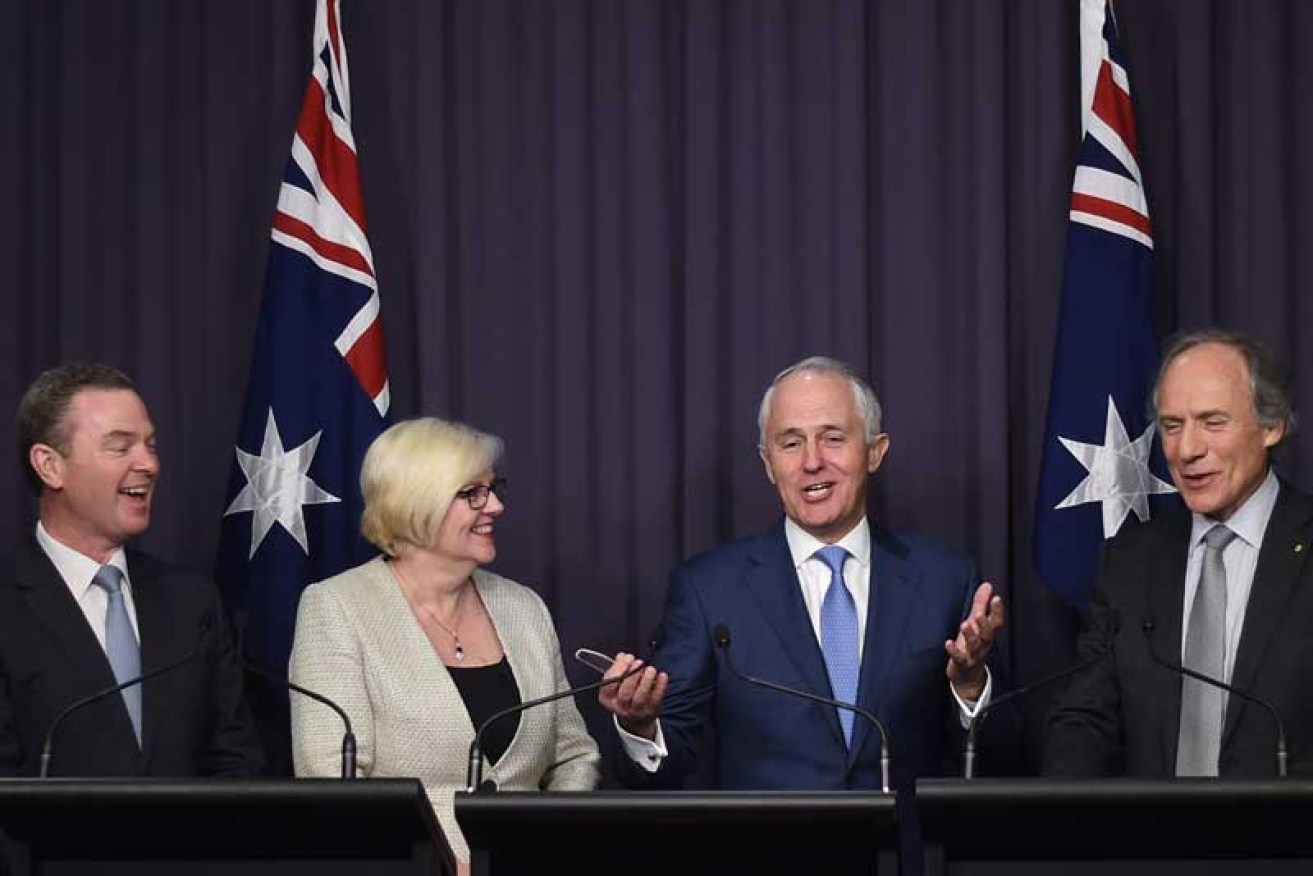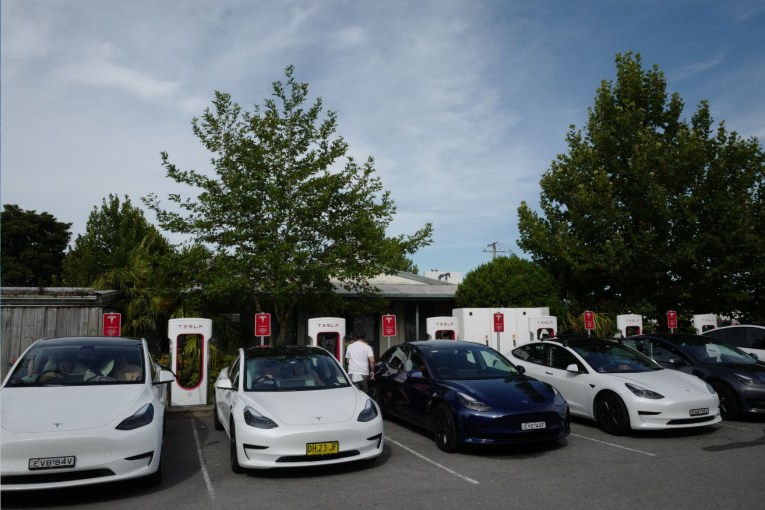Why nuclear could be Australia’s energy future


AAP
Australia’s incoming chief scientist has said nuclear energy should be “absolutely considered” to achieve zero emissions in the future.
Engineer, entrepreneur, philanthropist and retired chancellor of Monash University, Dr Alan Finkel, will replace current chief scientist Professor Ian Chubb at the end of the year.
The role provides independent advice to the government on science, innovation and technology.
• Fears over Japan nuclear restart
• Malcolm Turnbull names Cabinet for ‘21st century govt’
• PM’s ‘dangerous’ emissions target unpicked
Dr Finkel has advocated for nuclear power in the past and told a news conference announcing his appointment on Tuesday “all viable alternatives” to coal should be considered.
“It’s critically important that we reduce our emissions,” he said.
“The best way to do that is with zero emission electricity generation.”
But he said this could be a long way from becoming a reality. Energy sources that do not emit pollution into the atmosphere – like solar, nuclear and wind – were not ready to be implemented in Australia.
Technological advances were needed for solar and wind to become “marvellously viable” alternatives to coal energy, but similar problems also faced nuclear power generation.
“It comes with issues. Including the fact we don’t yet have the infrastructure, the training – all the things that would enable it to be a viable industry,” Dr Finkel said.
“But it is not the only way forward. With enough storage, we could do it in this country with solar and wind.”
Prime Minister Malcolm Turnbull, Minister for Industry, Innovation and Science Christopher Pyne, and Assistant Minister for Science Karen Andrews joined Dr Finkel for the announcement in Canberra.
“The Australian government recognises the importance of science, innovation and technology to our future prosperity and economic security as a nation in a rapidly expanding and diversifying global economy,” Mr Turnbull said.
“Coal is a very important part, a very large part, the largest single part of the global energy mix and likely to remain that way for a very long time.”
His comments highlighted a diversion from the approach of the former Abbott government, which saw the Science ministry dumped in 2013.
“We have a leadership team that sees the importance, understands the role that science and technology and the application of that science and technology can deliver to the prosperity and productivity of our country,” Dr Finkel said.
He will take over from Prof Chubb in January 2016.







